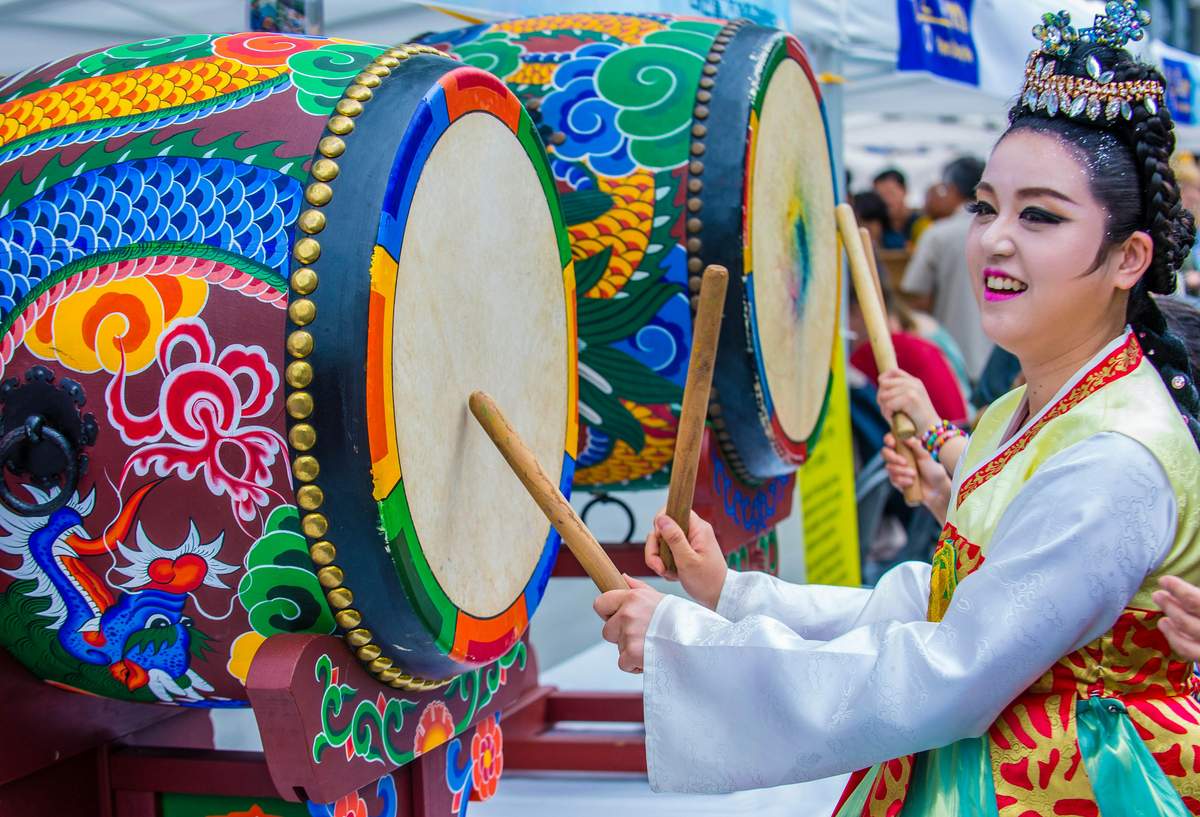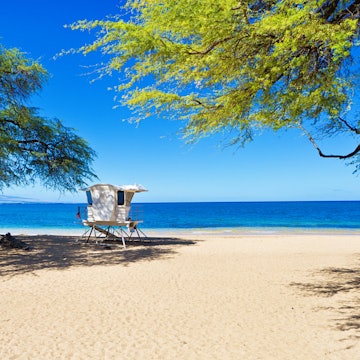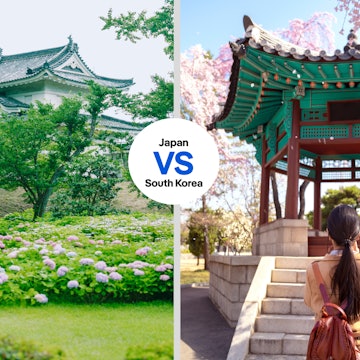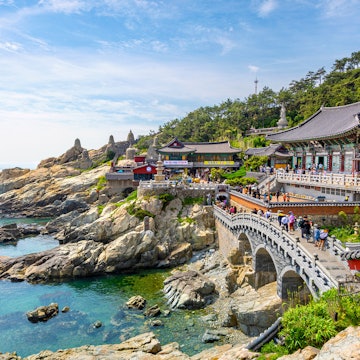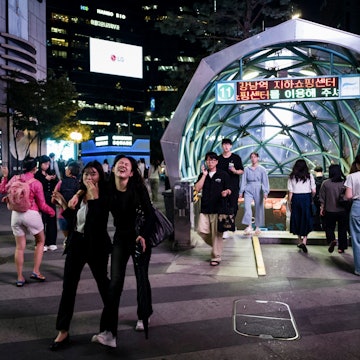

Visiting South Korea lets you take in the country’s cutting-edge cities and beautiful natural attractions © Joel Carillet / Getty Images
Not many countries have the sights-to-size ratio of South Korea. You can get from one corner of the country to the other in just two and a half hours, and in between you’ll find mountain trails leading to Buddhist hermitages, super-spectacle K-Pop concerts, back-alley pubs serving craft rice wines, enchanting bamboo forests and much more.
Getting the most out of a visit here starts with getting your entry requirements in order, a simple enough process for most travelers. Here are the basics on who needs a visa to South Korea and how to apply.
Who can travel to South Korea visa-free?
Many travelers – including those from the US, UK, Australia, New Zealand and most European countries – can visit Korea for up to 90 days with no visa required. Canadians can do so for up to six months, while South Africans get 30 days. To check the most up-to-date requirements for your country, visit the Korean government’s Visa Portal and enter your information in its Visa Navigator.
Although you might not need a visa, you will need to apply for a Korea Electronic Travel Authorization (₩10,000) on the K-ETA website or K-ETA app (for iOS and Android) at least 72 hours before your departure. Once you’ve applied, you should receive your results via email within 24 hours. Your K-ETA will remain valid for two years from the date your application is approved, meaning you don’t have to reapply if you visit multiple times within that window.

Who needs a tourist visa for South Korea?
Citizens of countries that don’t have a visa-waiver agreement with South Korea or that Korea doesn’t grant visa-free entry will need a visa, which is typically for a single entry and permits stays of 90 days.
If you do need a visa, after entering your information in the Visa Navigator, select the visa you’re applying for (most likely Ordinary Tourist, or C-3-9) and then find the eligibility criteria that applies to you (most likely “travel for holidays or leisure”). Complete your application online (e-Form) or by hand (downloadable PDF) and then visit a Korean embassy or consulate with your application or a printout of your completed e-Form, your passport, a 3.5cm x 4.5cm (1.4in x 1.7in) passport photo and any additional required documents. The application fee for a basic tourist visa is $40, though it can vary by country.

The Jeju-do visa exception
Jeju-do Island is a designated Special Tourist Zone, which means many (though not all) citizens from countries that require visas for South Korea do not need them to visit Jeju-do for up to 30 days. Note that you must arrive in Jeju-do via ship or direct flight from abroad; you may not connect through another South Korean airport.
Extending your stay in South Korea
In almost all cases, if you’re visiting South Korea as a tourist, you are not allowed to extend your stay. If you need to stay longer because of an emergency, however, contact the Korea Immigration Service. The Hi Korea website provides immigration info for international visitors and residents.
Visas for working and studying in South Korea
Thanks to its all-conquering pop culture and dynamic economy, South Korea is an attractive destination for international students and professionals, and a wide range of visas is available for those wishing to study or work in the country. The first step is determining which visa you need, whether you’re seeking to enroll in a Korean university, teach English or do something else. You can sort through the options and get details on eligibility and requirements at the Visa Navigator site. Work and study visas generally permit stays of up to two years, with one year being the most common length.

Working holidays in South Korea
South Korea offers one-year working holiday visas to citizens of 25 countries, including the US, UK, Canada, Australia, New Zealand and many European nations. Travelers with a working-holiday visa are permitted to work up to 25 hours per week and can also study the Korean language at private academies and university programs. The Ministry of Foreign Affairs’ Working Holiday Info Center and Working Holiday Guide provide extensive information on who can apply, what the restrictions are, and work, study and housing resources.
Visas for people of Korean descent
If you’re of South Korean descent, you’ll likely have the option of applying for an overseas Korean visa, colloquially referred to as a gyopo visa. These are available to individuals who were born in Korea but have acquired another country’s citizenship or whose parent or grandparent was a Korean citizen. These visas allow initial stays of up to two years and provide a lot of flexibility in terms of what you can do for work or study.






